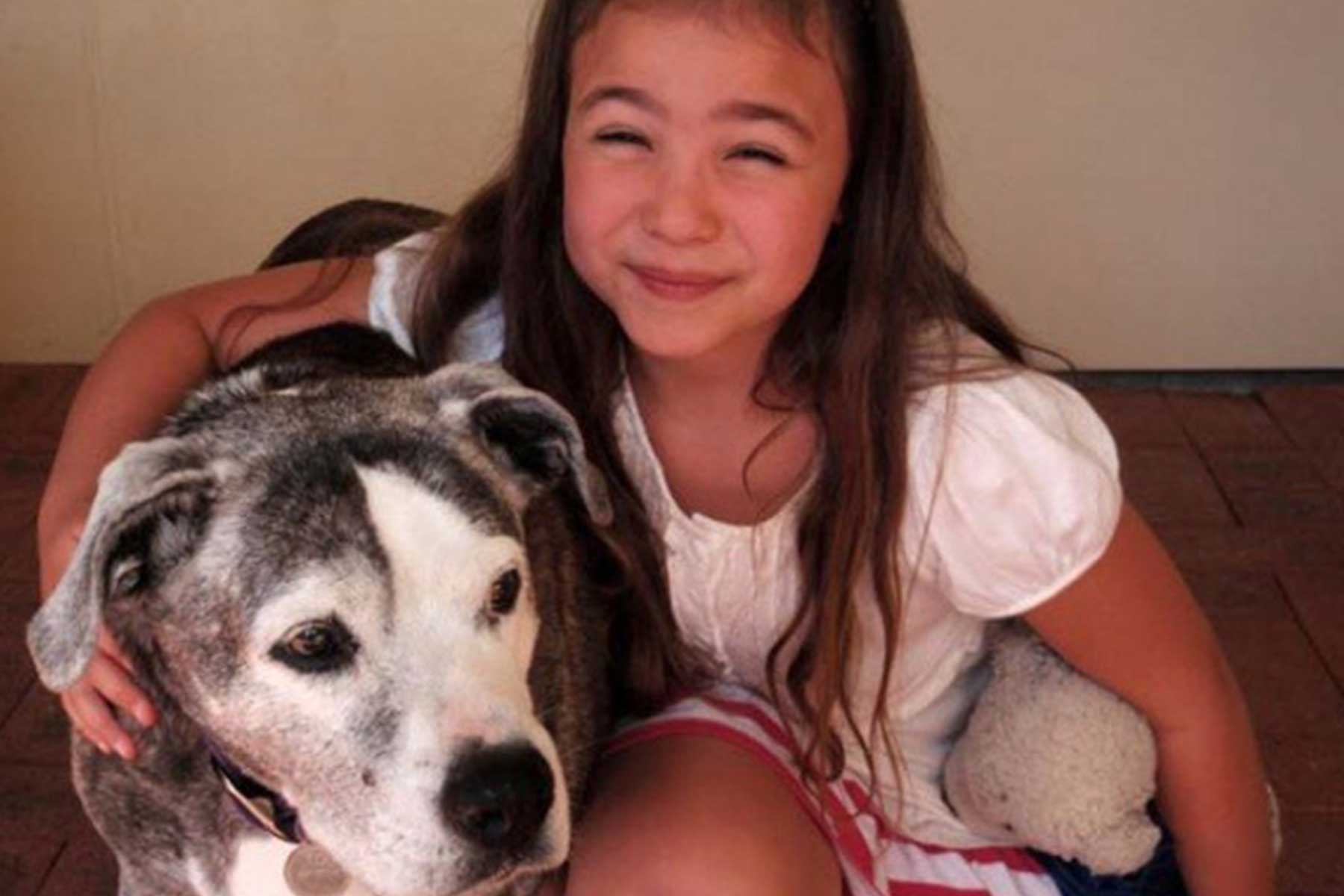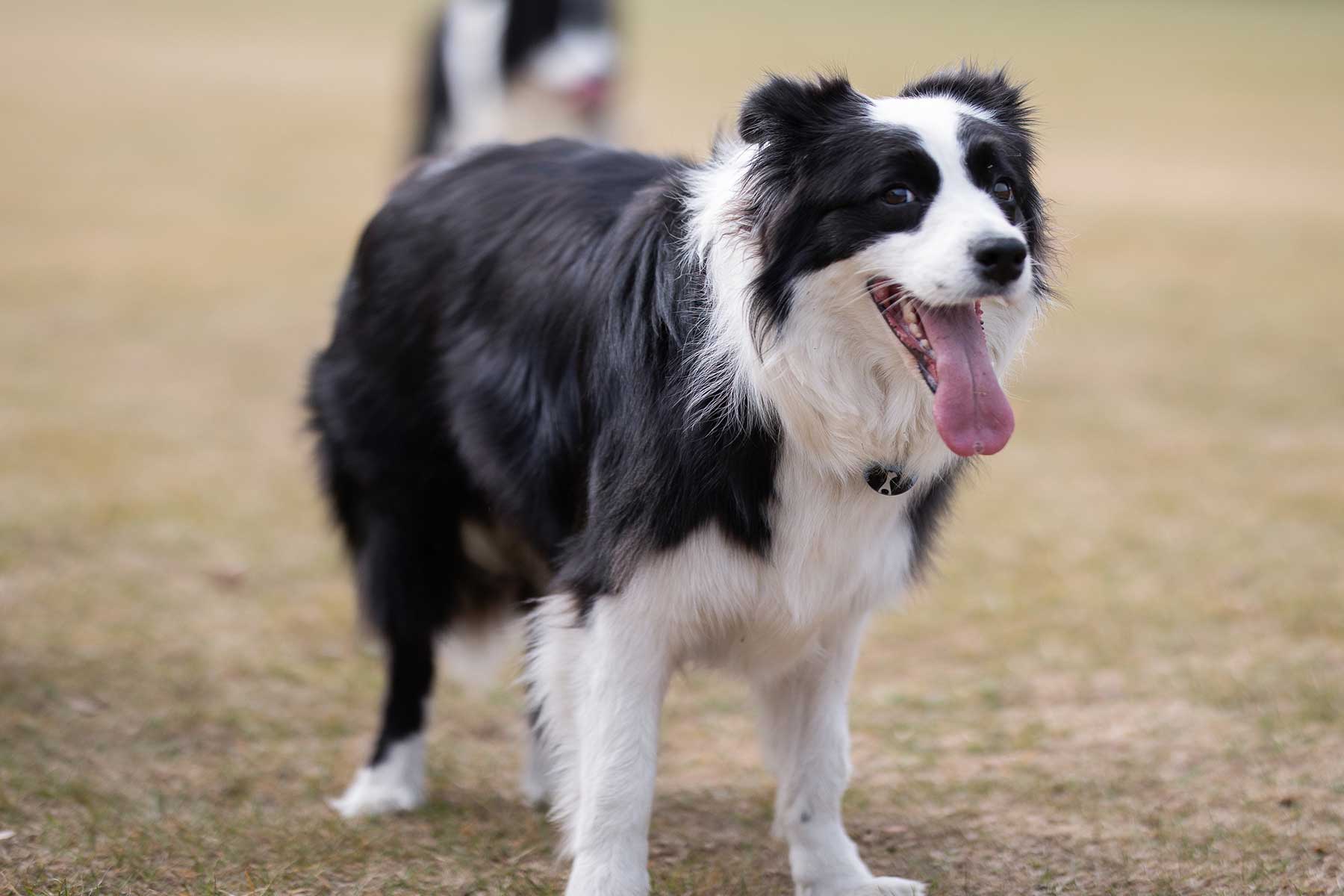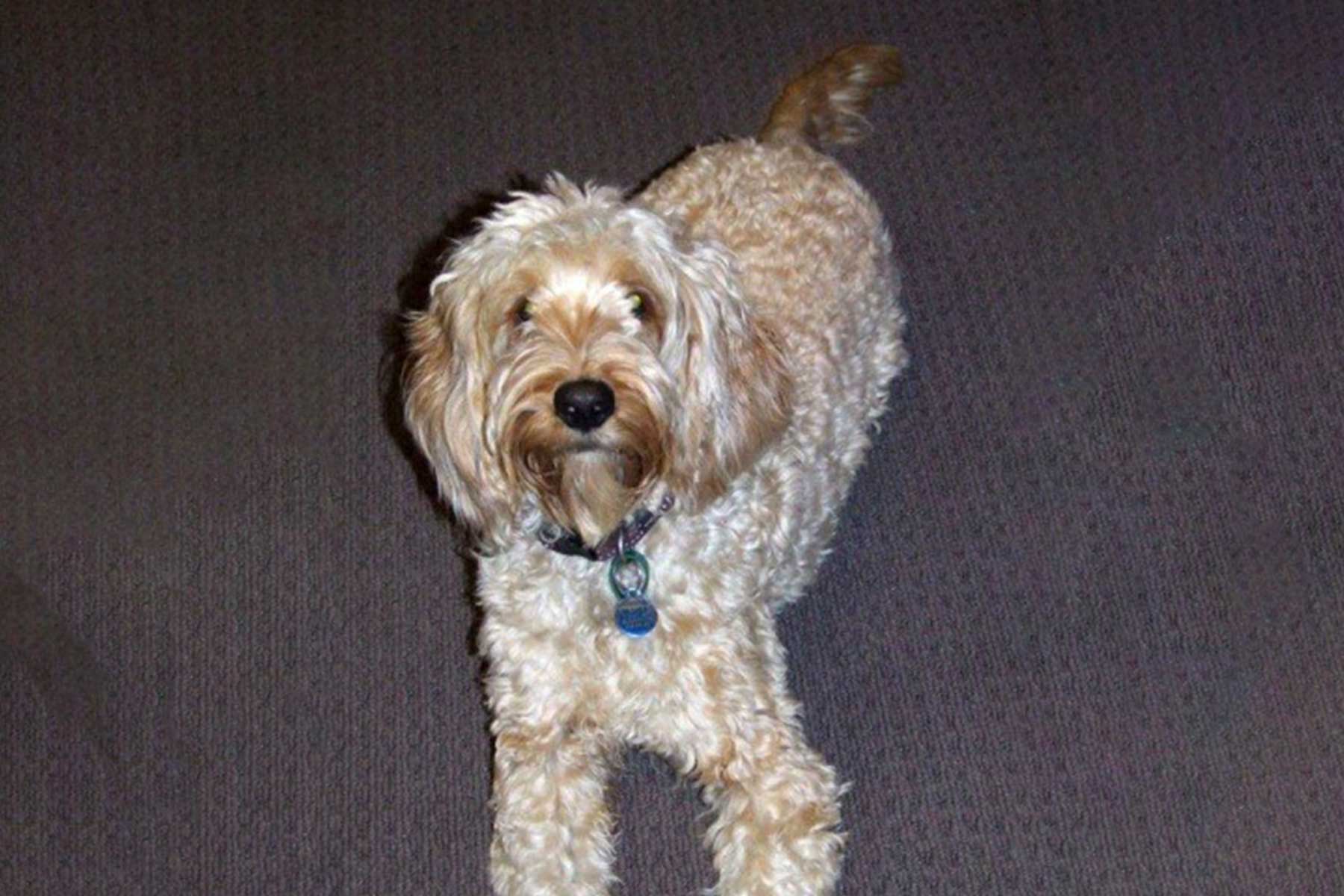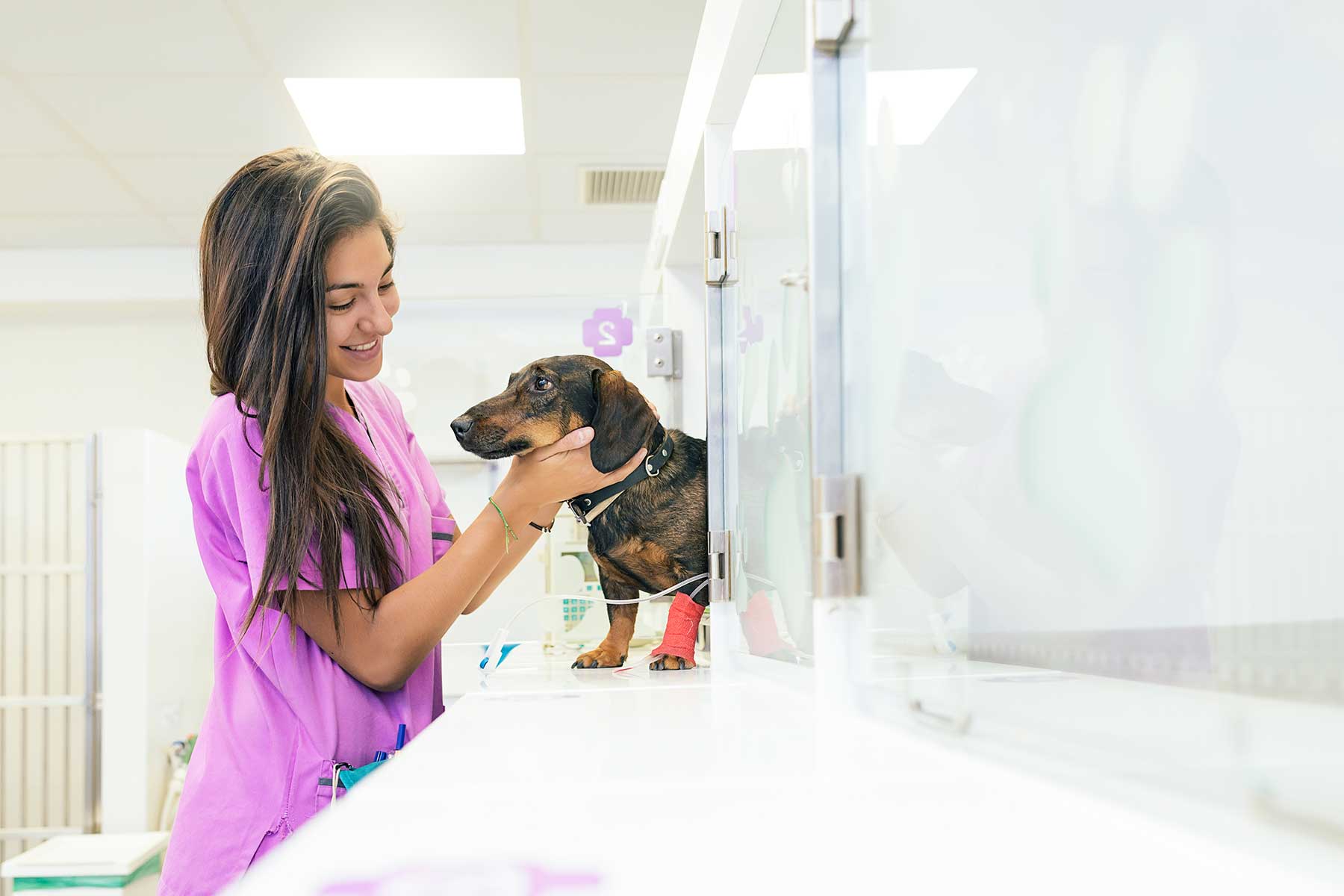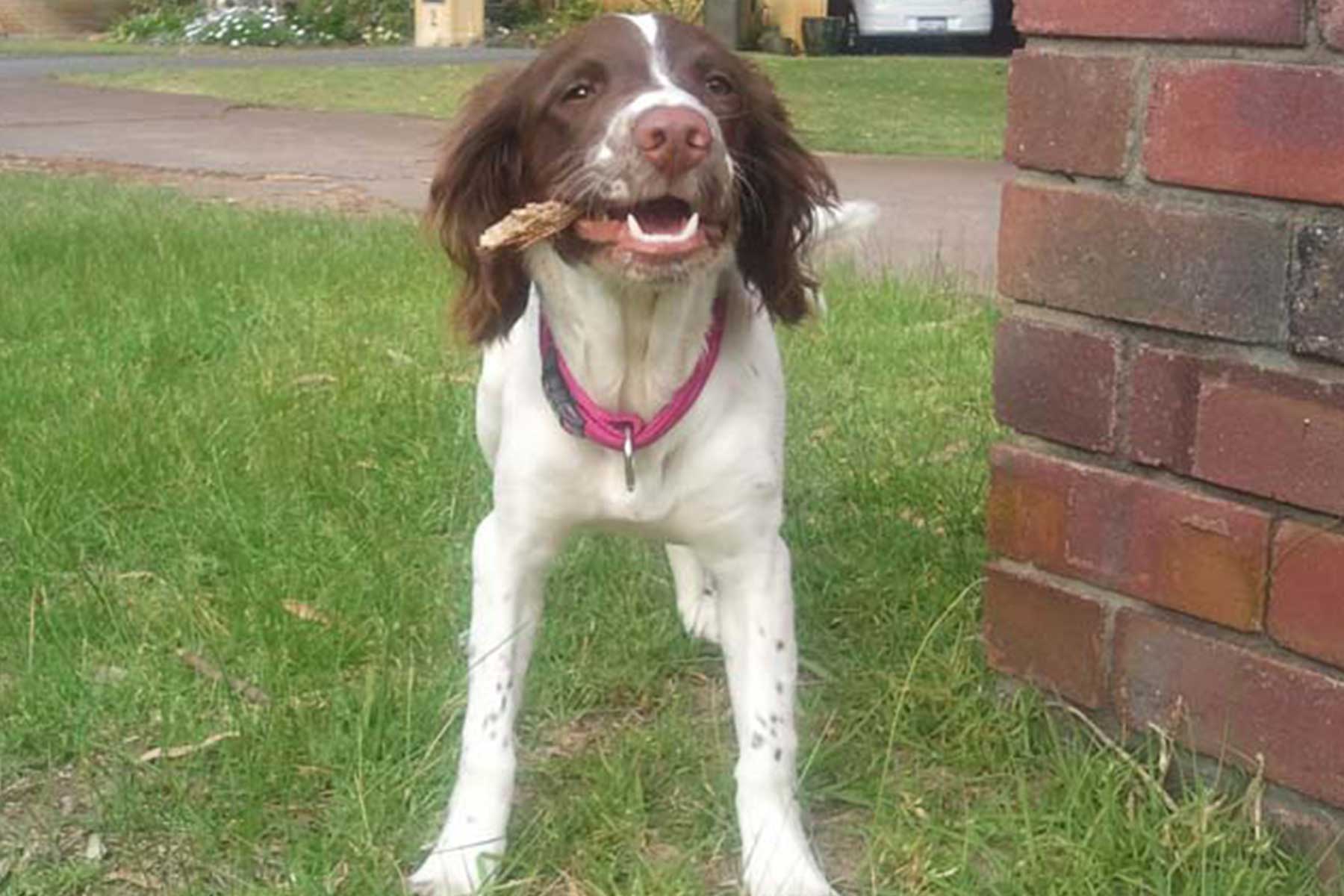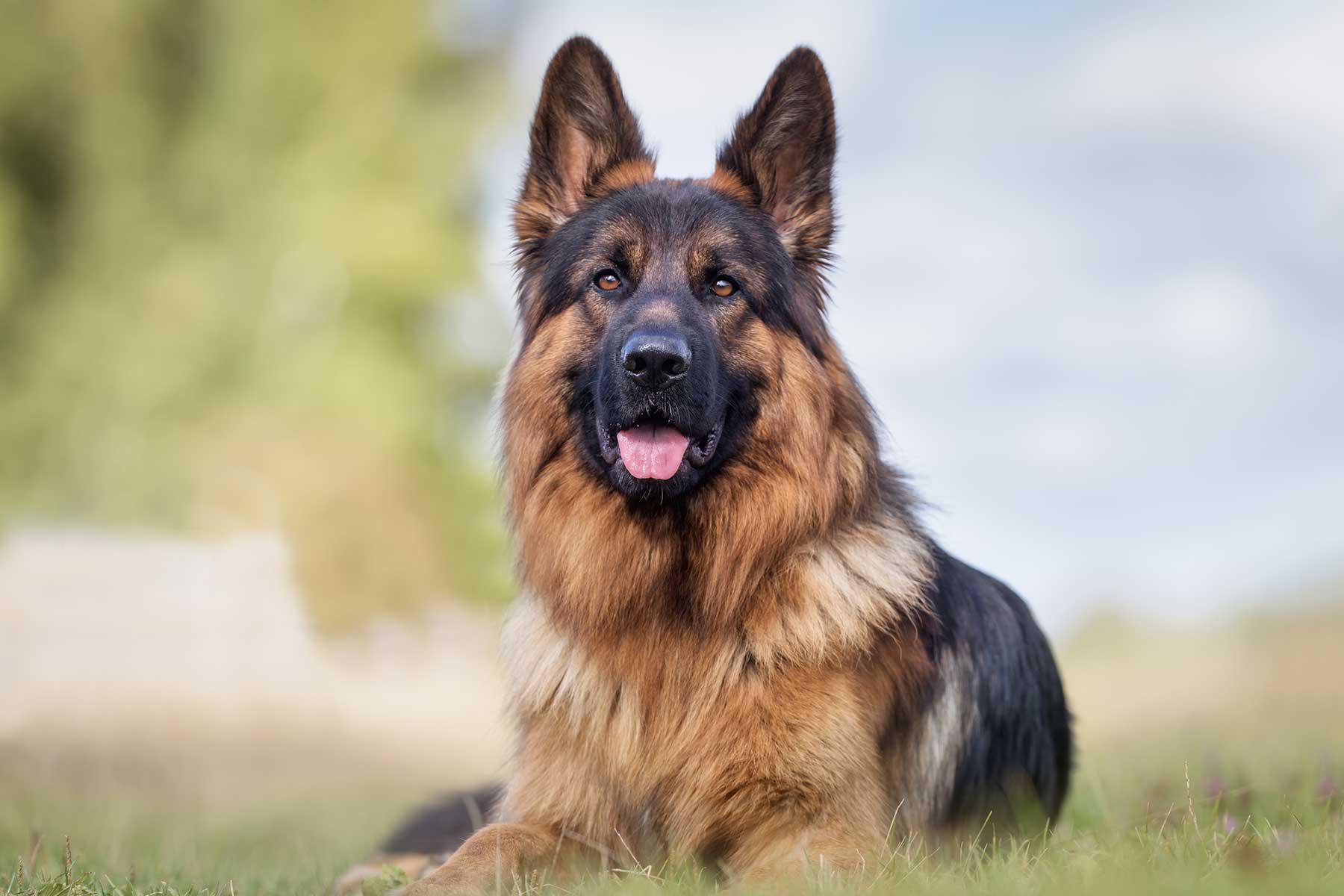Guinness was presented to Vetwest Currambine in the afternoon of a very hot day (37 degrees celsius). His breathing was short, shallow and extremely weak, and he had a body temperature of 42 degrees! Poor Guinness was showing classic symptoms of Heat Stress which is fatal if not treated immediately.
Guinness was immediately cooled with water baths and given fluids injected under his skin. Luckily this story had a happy ending; Guinness’ temperature returned to normal and he was sent home the same day. Soon enough he was back to his normal chirpy self!
Heat Stress in Guinea Pigs
Although Heat Stress is more widely known about in dogs, we rarely hear anything about Heat Stress in guinea pigs, and in fact, these animals are far more susceptible to heat stress than many other companion animals.
Native to South America, guinea pigs live in burrows and crevices, and have a preferred ambient temperature of 18 to 26 degrees. They are very sensitive to extreme heat and humidity, and are very susceptible to hyperthermia (high body temperature). In fact they are far more able to tolerate cooler temperatures than a warmer climate. Guinea pigs are so susceptible to heat stress that hyperthermia can even occur at temperatures as low as 24 degrees, but it is most commonly seen at temperatures above 28.
Heat Stress usually occurs during high temperatures or humidity, where there is inadequate shade and ventilation in the hutch, and often affects guinea pigs that are overweight or heavily furred.
Symptoms/ Signs of Heat Stress
The symptoms of Heat Stress include profuse salivation (in an attempt to cool down), shallow rapid breathing, profound weakness, pale gums and rectal temperatures exceeding 39.5 degrees. These symptoms can progress to convulsions, coma and death.
Treatment of heat stress
Unfortunately veterinary treatment is supportive only (ie. no medications can reverse the changes) and the prognosis is very poor unless treatment is initiated in the early stages. If you recognise any of the above symptoms, bathing the guinea pig in cool water or applying rubbing alcohol to their foot pads can be used as primary first aid at home before bringing them straight to your closest veterinary practice for further care.
Preventing heat stress
The best management is as always, prevention. If you know hot weather is imminent, bringing the hutch indoors where it is cooler is ideal. Alternatively if you have the space, having an enclosure both inside and outside would be handy. Otherwise, moving the enclosure to the coolest part of the garden may be the best option. A misting fan can also help, or you can freeze bottled water so the guinea pigs can lie up against them to cool down.

